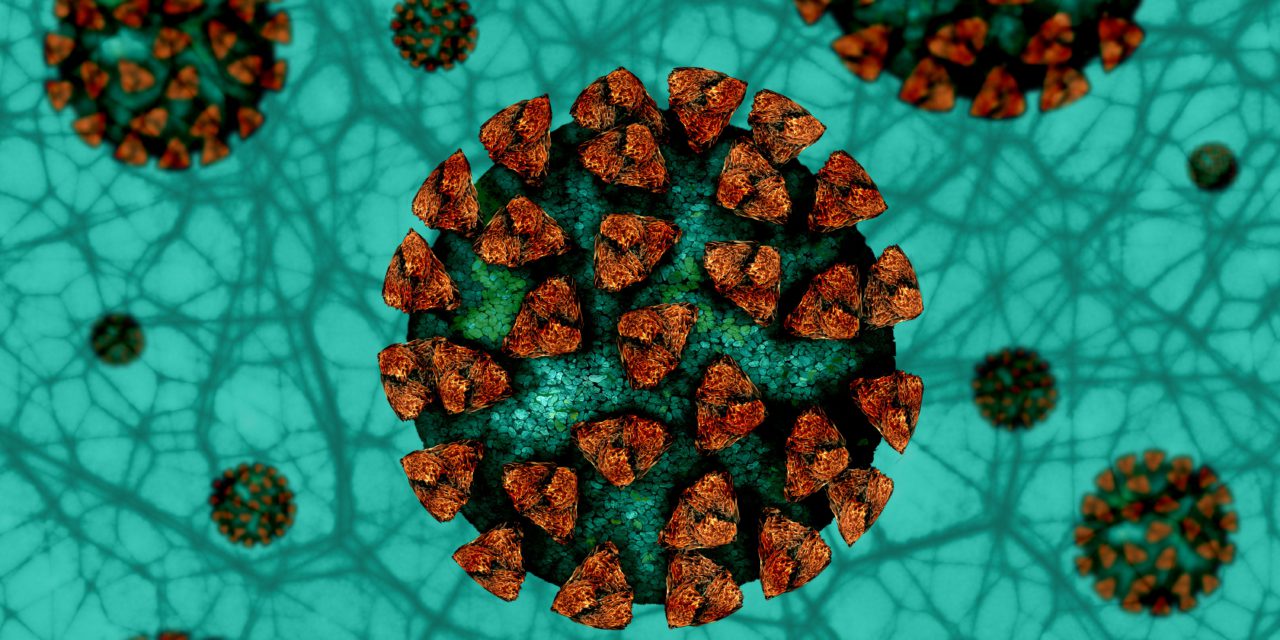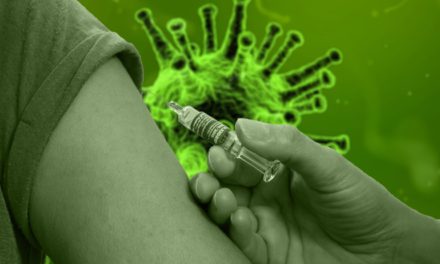In a study conducted with 509 adults who tested positive for COVID-19 and were admitted to the emergency or clinical departments at San Raffaele Hospital in Milan from Feb. 25 to April 19, 90 patients with diabetes had been diagnosed before and 49 were diagnosed with diabetes during hospitalization.
Health information was collected from medical charts or interviews, and routine blood tests were conducted on all participants. Researchers used a novel assay based on the luciferase immunoprecipitation system format to detect the presence of three antibodies: IgG, IgM and IgA. The response of the antibodies was measured against multiple antigens of SARS-CoV-2.
Individuals with diabetes had worse lung and kidney function than the nondiabetic group. Those with diabetes also had a higher white blood cell count, worse inflammation, more tissue damage and more markers of coagulatory cascade than individuals without diabetes. After adjusting for age, sex and comorbidities, the diabetes patients were at higher risk for COVID-19 mortality (HR = 2.32; 95% CI, 1.44-3.75) than individuals without diabetes.
“Diabetes was associated with increased levels of inflammatory biomarkers and hypercoagulopathy, as well as leukocytosis and neutrophilia,” Dr. Lorenzo Piemonti, MD, professor of endocrinology and director of the San Raffaele Diabetes Research Institute in Milan, said. “This could explain why diabetes was independently associated with 2.3 times increased risk of death, even after adjustment for age, sex and other relevant comorbidities. The comprehension of the molecular mechanisms of this associations could provide specific pharmacological target to reduce the mortality in subject with diabetes and COVID-19.”
“Glycemia is strongly associated with an increased mortality for COVID-19 pneumonia even in patients without diabetes. Positivity for immunoglobulin G against the SARS-CoV-2 spike receptor-binding domain is predictive of survival both in the presence and in the absence of diabetes.”
Reference
- Monostra, Michael, Antibody response in COVID-19 similar in adults with and without diabetes, Endocrine Today, October 12, 2020
Image by Gerd Altmann from Pixabay









